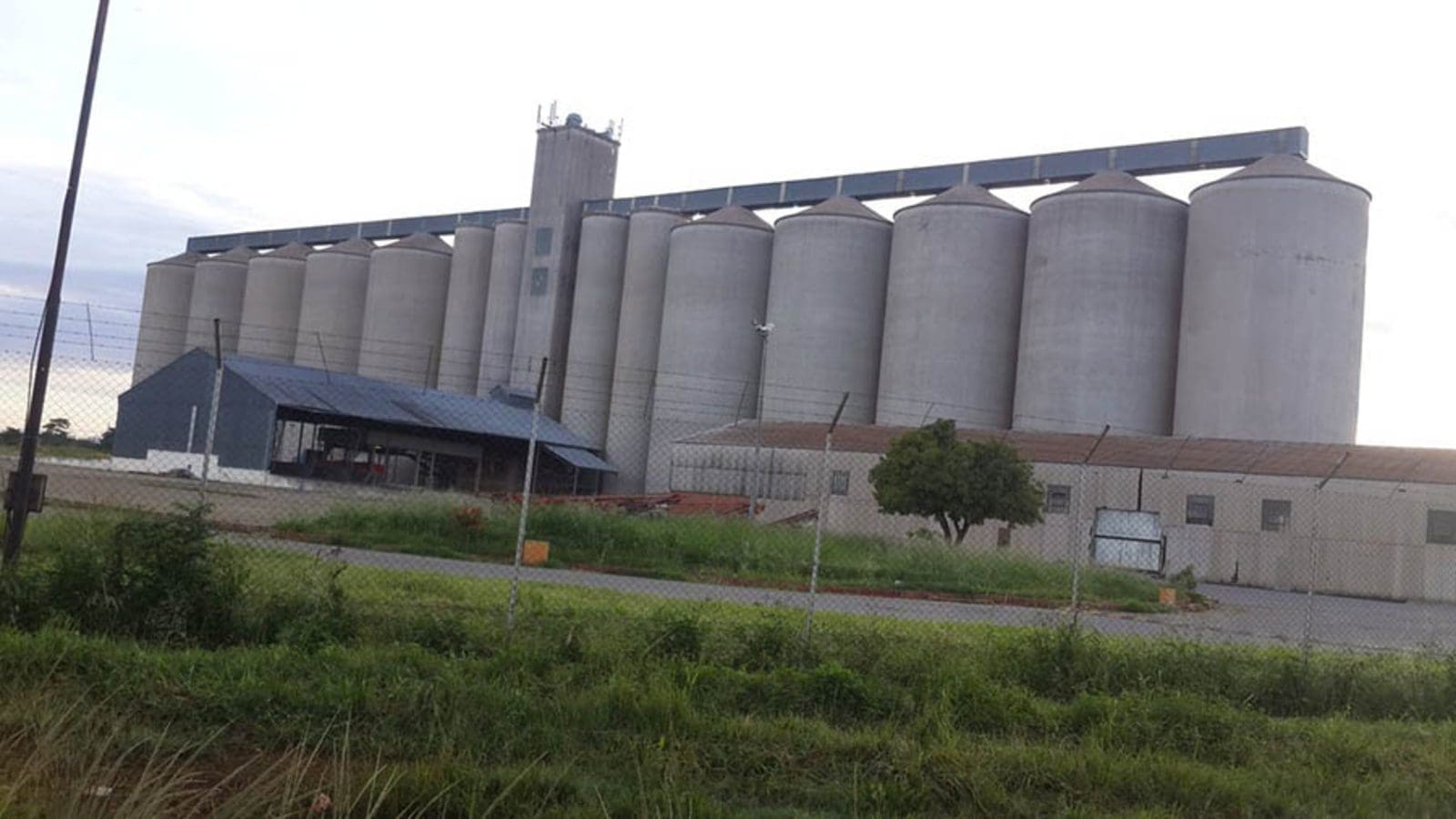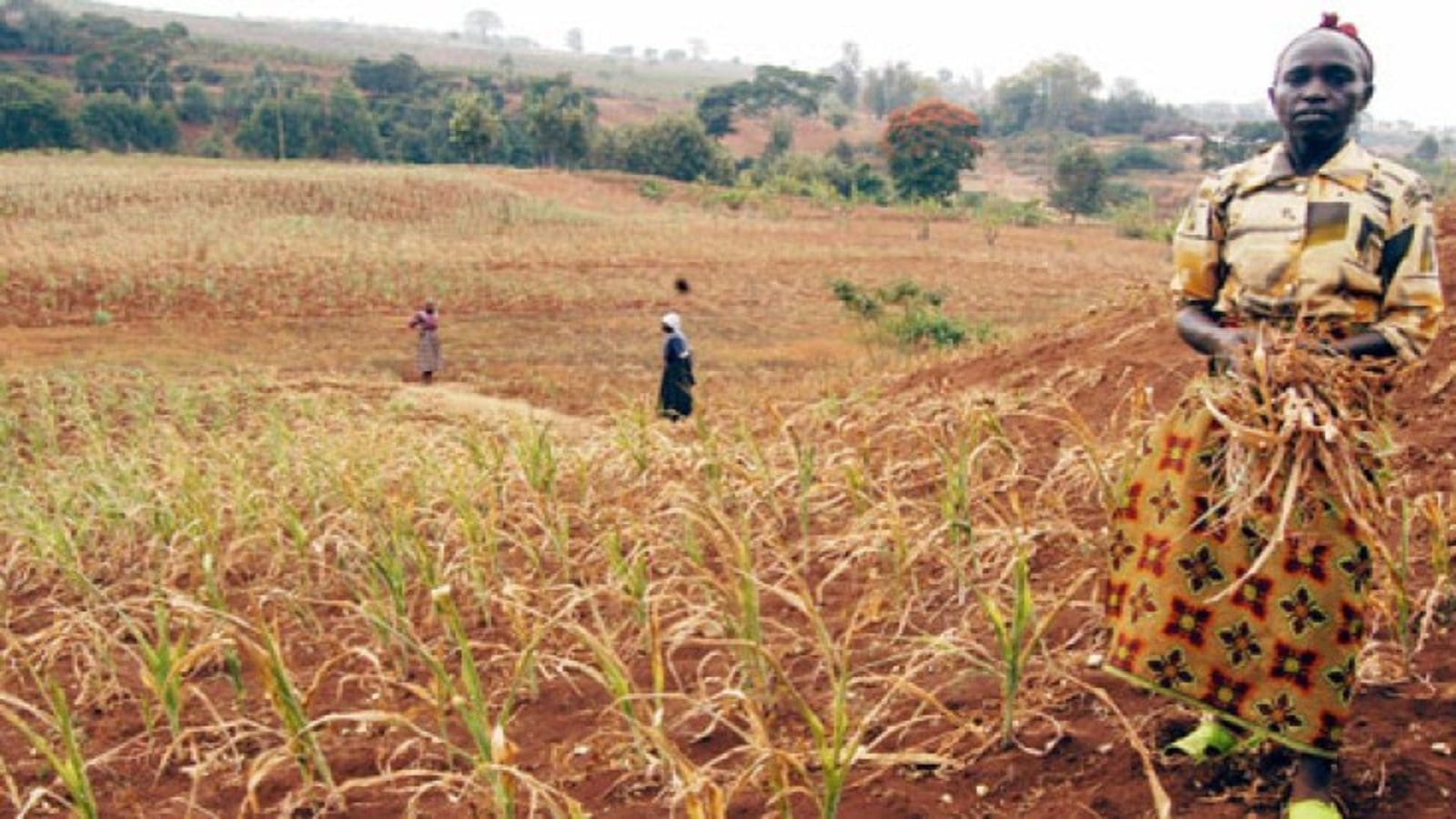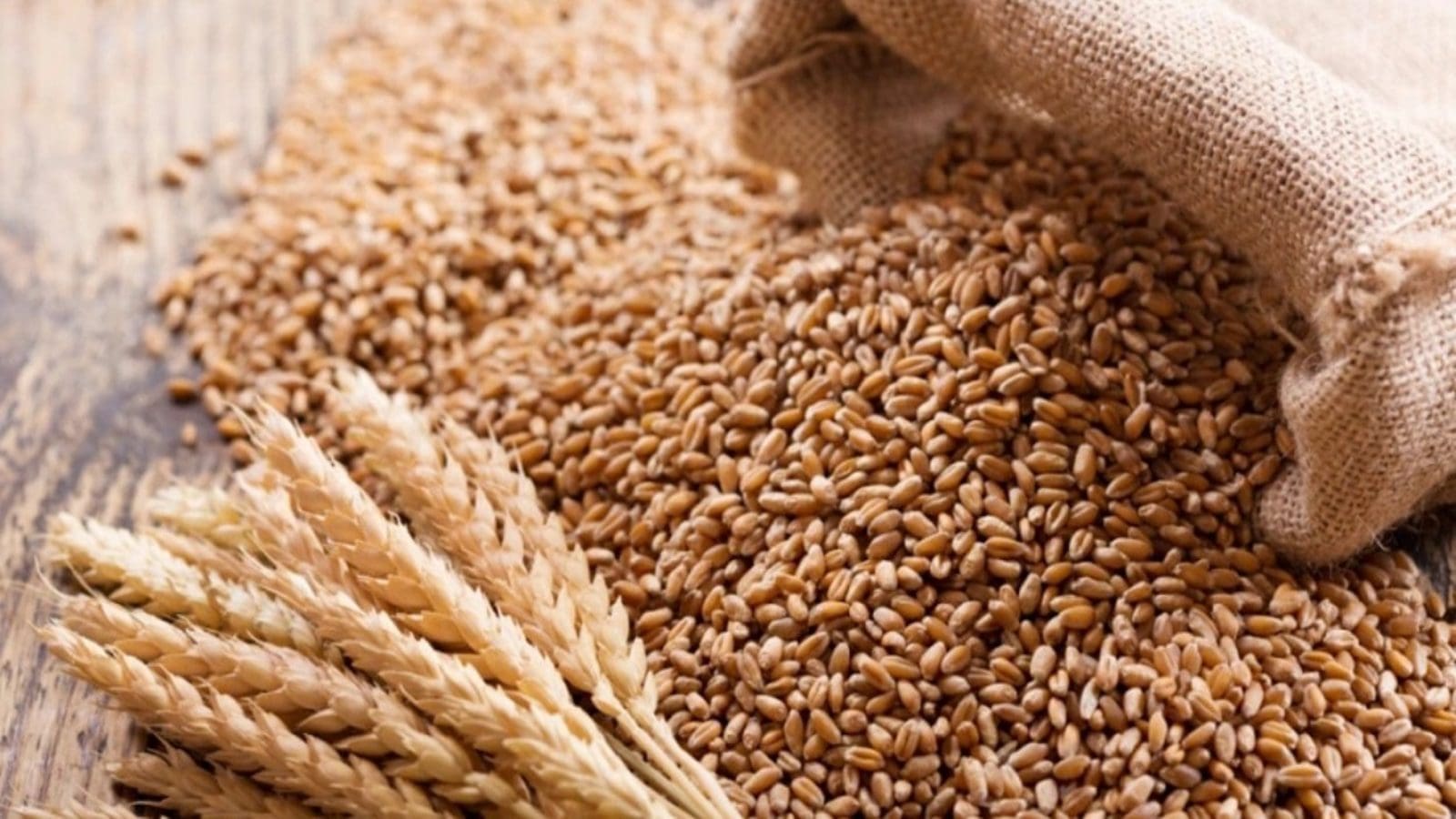ZIMBABWE – Grain Marketing Board, Zimbabwe’s leading grain trade and marketing company, is investing US$275 million in the expansion and modernization of its grain storage capacity in Zimbabwe.
The project will include 8 new silo complexes with a total capacity of 451,200 tonnes for the benefit of the Grain Marketing Board (GMB) over the next three years.
According to the report by Daily Bulawayo 24 news, the project will be implemented in collaboration with Belarusian equipment supplier Aftrade and Bühler, a Swiss manufacturer of industrial machinery.
Aftrade will construct four silo complexes each with a capacity of 56,400 tonnes at sites based in the towns of Mvurwi, Kwekwe, Timber Mills, and Mhangura.
In addition, the Aftrade company plans to renovate the former GMB warehouses based in the towns of Banket and Lion’s Den for a total budget of US$112 million.
Bühler group is, on the other hand, expected to build silo complexes with capacity of 56,400 in the towns of Masvingo, Lupane, Raffingora, and Bindura at a cost of US$153 million.
In Zimbabwe, cereals are the staple diet. Corn is the main staple food crop for most Zimbabweans, with the USDA estimating the country’s corn requirement for human consumption at around 1.8 million tonnes.
The USDA forecasts a decline in production from 2.7 million tonnes, which was the largest in three decades, to 1.6 million.
Factors contributing to the drop include sub-optimal weather conditions, high input costs and macro-economic challenges, the report said.
In a context marked by declining production and growing consumption, improving storage is one of the keys to protecting the country’s food basket.
Once completed, the eight silo complexes should make it possible to increase the country’s grain storage capacity to 1.2 million tonnes against a current level estimated at 751,000 tonnes.
The chairman of the Millers Association (GMAZ) Tafadazwa Musararar described the project as timely as the country is facing challenges in grain storage which in turn escalates food insecurity.
“This project was long overdue. As we want to have enough food for our consumption and export, there is a need for a massive expansion of the reserves.”
For all the latest food industry news from Africa and the World, subscribe to our NEWSLETTER, follow us on Twitter and LinkedIn, like us on Facebook and subscribe to our YouTube channel.










